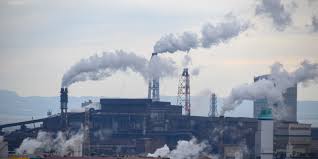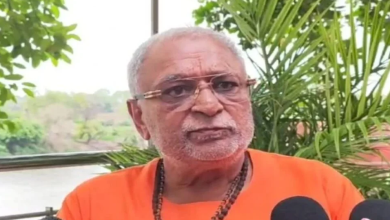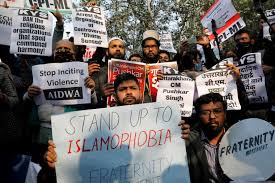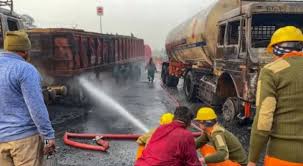Air pollution claims 33,000 lives annually in 10 Indian cities: Lancet study

New Delhi: A recent study published in The Lancet Planetary Health has revealed that air pollution contributed to the deaths of 33,000 people annually across ten major Indian cities from 2008 to 2019.
According to Kashmir Media Service, these cities include Ahmedabad, Bengaluru, Chennai, Delhi, Hyderabad, Kolkata, Mumbai, Pune, Shimla and Varanasi.
The study, conducted by the London-based journal, focused on the impact of short-term exposure to fine particulate matter (PM2.5), a hazardous air pollutant, on daily mortality rates. It highlighted that even cities with PM2.5 levels below current Indian standards experienced increased mortality rates, such as Mumbai, Bengaluru, Kolkata, and Chennai.
Rohtak in Haryana was identified as the most polluted city in June this year among around 250 cities in India, as reported by the Delhi-based Centre for Research on Energy and Clean Air.
Exposure to PM2.5, mainly from burning fossil fuels, poses severe health risks, contributing to lung diseases, heart conditions, cancer, and fatalities. The study highlighted that there is no safe threshold for PM2.5 exposure, linking each 10 µg/m³ increase to a 1.42% rise in daily mortality.
The authors emphasized the urgent need for stricter air quality standards in India, noting that the country is currently reviewing its National Ambient Air Quality Standards (NAAQS), which are more lenient than WHO guidelines.
With only 14 out of 60 highly polluted cities included in India’s National Clean Air Programme, the study underscores the urgency for comprehensive, India-wide efforts to tackle air pollution and safeguard public health. The report highlighted that the remaining 46 cities lack effective action plans to reduce hazardous air pollution concentrations.
The findings advocate for targeted measures addressing both fixed and dispersed sources of pollution, urging Indian policymakers to prioritize stringent year-round actions to mitigate the detrimental effects of air pollution across the country. KMS-8S








